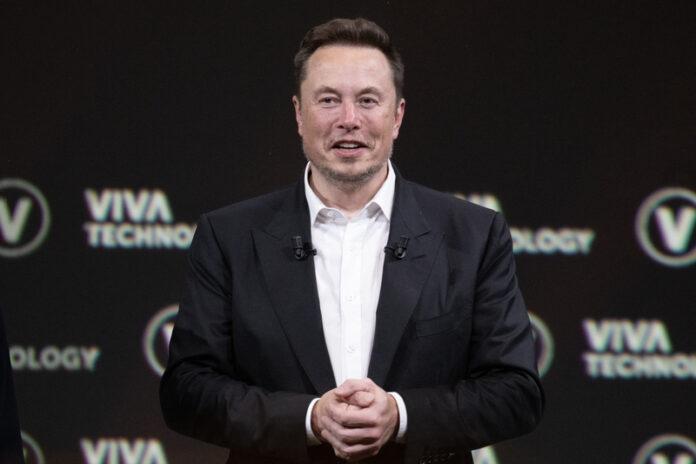Elon Musk’s relationship with President Joe Biden has soured significantly, primarily because Musk feels snubbed by the administration’s acknowledgment of electric vehicle (EV) contributions. In a notable instance that ignited tensions, Biden praised General Motors (GM) CEO Mary Barra in November 2021 for her leadership in electrifying the automobile industry despite Tesla’s dominance in the EV market.
During a visit to Detroit, Michigan, Biden said, “You electrified the entire automobile industry. I’m serious. You led, and it matters,” while standing beside Barra. This statement was particularly jarring for Musk, given that Tesla had over two-thirds of the EVs on the road in the United States.
The president’s comments sparked outrage within Tesla’s ranks, especially Musk. Tesla delivered more than 115,000 EVs in the U.S., far outpacing GM’s 26 vehicles during that period. Musk, who publicly stated that he voted for Biden in the 2020 election, began to feel increasingly sidelined as the administration advanced its EV agenda.
The feeling of exclusion was compounded when Tesla was left out of an August 2021 White House event celebrating EV goals. The event included major car manufacturers like General Motors, Ford, and Stellantis, but not Tesla. This exclusion was attributed to Tesla’s non-unionized workforce, contrasting with the unionized factories of the other attendees.
White House Press Secretary Jen Psaki commented, “Well, these are the three largest employers of the United Auto Workers, so I’ll let you draw your own conclusions.” Her statement supports the Biden administration’s focus on promoting union jobs within the EV industry.
Musk’s frustration grew as he perceived the administration’s cold shoulder towards Tesla. Despite numerous attempts by Tesla officials to engage with the White House on future EV plans, the response was tepid. This treatment contrasted sharply with the administration’s promotion of its infrastructure bill, aimed at making electric and other zero-emission vehicles half of new car sales by 2030.
Former Tesla executive Rohan Patel noted that while there was “surface-level disappointment” between Musk and Biden, the administration’s treatment of Tesla on substantive issues was relatively fair. Tesla benefited from several incentives, including the $7,500 consumer incentive for EVs and support for its driver assistance systems.
The tensions between Musk and the Biden administration have political underpinnings as well. Musk has criticized the President for being influenced by the United Auto Workers (UAW) and has suggested that the administration would prefer Tesla “dead than not unionized.” This strained relationship has pushed Musk towards an alignment with former President Donald Trump and the Republican party.
Musk’s public criticisms have not been limited to Biden alone. He has also targeted other Democratic figures such as Bernie Sanders and Elizabeth Warren, particularly for their calls for higher taxes and regulation on big tech. These attacks have further distanced Musk from the Democratic party, leading him to support Trump financially and ideologically.
As the EV industry continues to evolve, the dynamics between major players and political figures will play a crucial role in shaping its future. For now, the rift between Elon Musk and President Biden serves as a stark reminder of how personal and political factors can influence corporate and industry trajectories.

